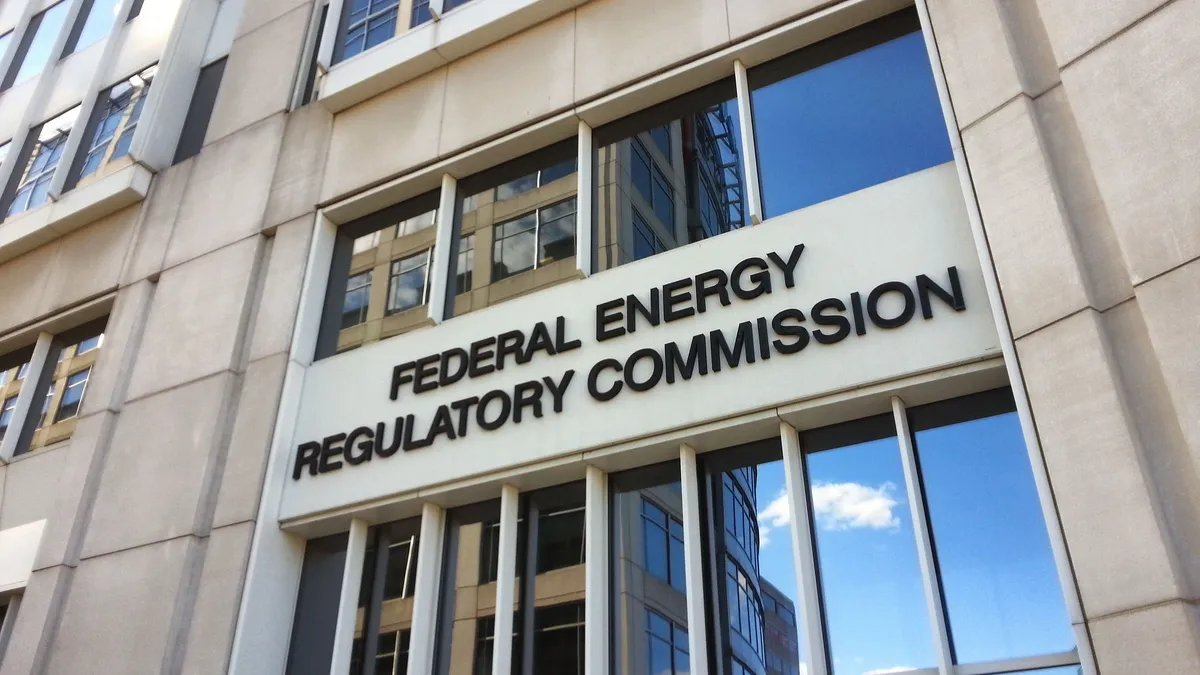Dive Brief:
- Three of FERC's four current commissioners say they have no intention to reconsider how demand response is valued, following the U.S. Supreme Court's decision last month to uphold federal regulators' jurisdiction over the resource.
- The court upheld FERC Order 745, passed in 2011, which directed demand response providers be paid the full locational marginal pricing for their product. Following the decision, FERC Commissioner Tony Clark issued a statement suggesting regulators reconsider how demand response is compensated.
- But RTO Insider reports FERC Chairman Norman Bay and other commissioners have no interest in revisiting the pricing scheme. "I think that the Supreme Court got it right,” Bay said.
Dive Insight:
Demand response providers rest easy for now. Not only did the Supreme Court uphold 745, but FERC appears to be closing the book on the matter as well. Despite some calls to reconsider the full locational marginal pricing scheme FERC advocates, it does not appear any changes are in the works.
According to RTO Insider, Chairman Bay as well as Commissioners Cheryl LaFleur and Colette Honorable said this week at the National Association of Utility Regulatory Commissioners winter meeting that the issue is decided. “I believe the court spoke very clearly," Honorable told the news source. "I don’t see a need to revisit compensation."
Following the court's decision, Commissioner Tony Clark released a statement suggesting regulators take a closer look at how demand response is compensated, saying the LMP structure has been criticized by many experts. "I would encourage the Commission to turn its attention towards a thorough assessment of the underpinnings of a compensation regime that continues to be widely panned by market experts," he wrote.
Clark has announced he will not seek reappointment when his term ends in June.
Former Commissioner Philip Moeller, who voted against 745 five years ago, told RTO Insider that FERC needs to reexamine the structure “sooner rather than later.” Moeller had advocated for demand response resources to be paid LMP minus the avoided retail rate of electricity, known as LMP-G.














